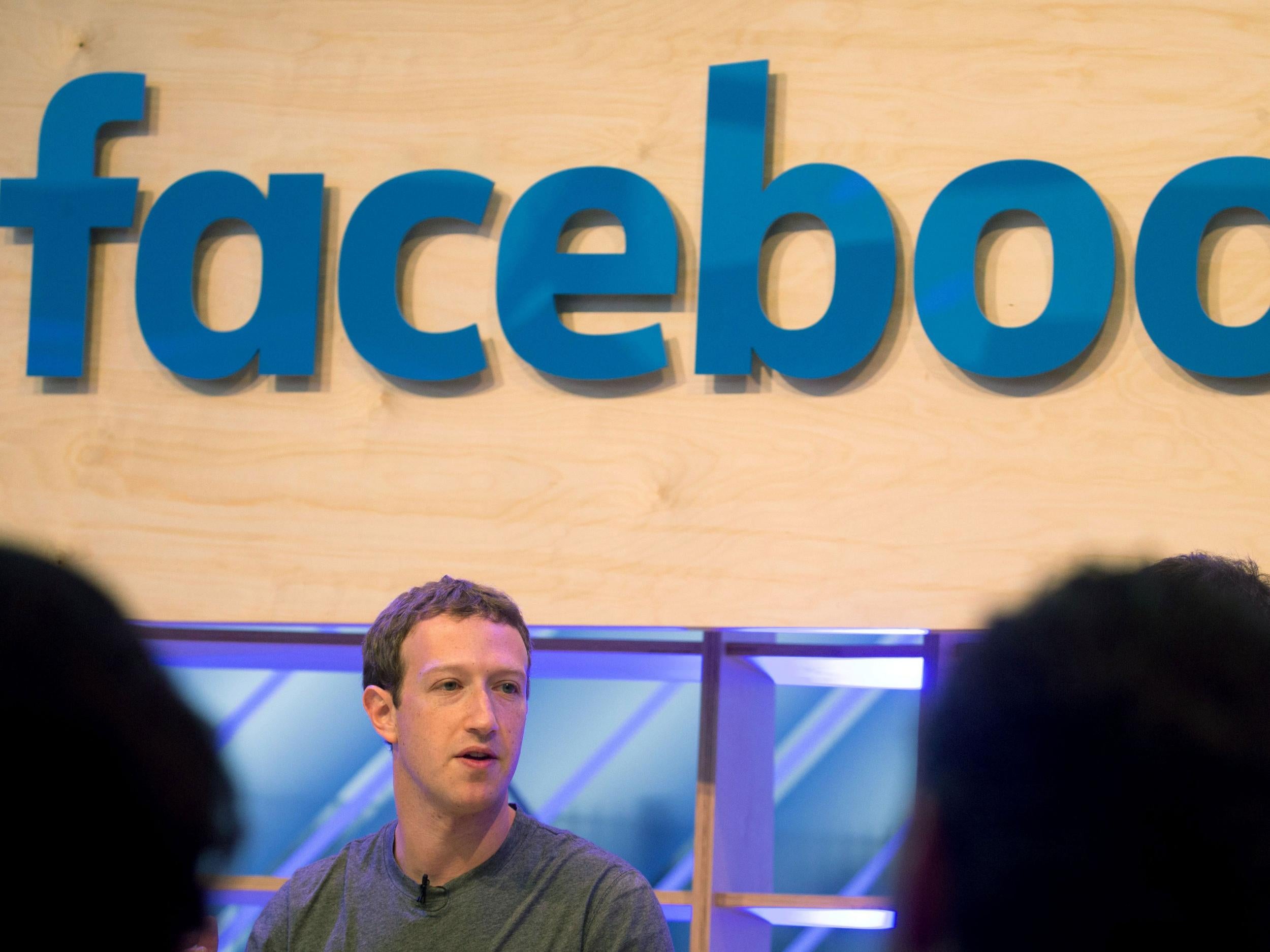Facebook payment system will change banking forever, but it comes with its own price tag – your privacy
If you know where people have been, what sites they visit, what apps they download, and also their spending habits, you know a massive amount about them – much more than their bankers, the credit and debit card companies


Is plastic on the way out? More specifically, could the credit and debit card be going the way of the fax machine – useful technologies in their time but overtaken by something more convenient?
The reason for posing this now is the news slipping out that Facebook is joining Samsung, Apple and Android in becoming a payments mechanism. There is nothing wrong with Apple Pay, which has been running now for 18 months, and its equivalents. But many users feel these are a bit clunky – and it is faster to whip out a credit or debit card. Indeed with contactless it is almost too easy. But if Facebook gets into the act, with its 1.6bn regular users, then it will give Visa and MasterCard more of a run for the money.
The prize is huge. If you know where people have been, what sites they visit, what apps they download, and also their spending habits, you know a massive amount about them – much more than their bankers, the credit and debit card companies, and more than their mobile phone operators. Instead of the crude contextual advertisements of the moment, or the even cruder points-based credit scoring systems, a company could not only target users with sensible advertising, but also be able to make a judgement as to whether people were a good credit risk or not.
The level one challenge is to the credit card companies, but level two is to the banks. The banks, unsurprisingly, are extremely concerned. They know that fringe bits of their business are being chipped away and that will continue, but for them the issue is how much of the core can they retain. Low interest rates make the problem worse, because banks no longer have much of the endowment effect of holding non-interest-bearing cash balances. They still hold the balances, but in a world of ultra-low interest rates they are not worth much. The danger for them is that they will be left with high-cost legacy bits of business, such as cash-handling, and have margins squeezed on everything else.
The challenge is that a Facebook could become a better assessor of credit-worthiness than a bank or a credit card company and so be able to facilitate peer-to-peer lending. Credit card margins in particular are too big. It is not reasonable in a world where a bank’s cost of money is 2-3 per cent to be charging upwards of 20 per cent interest – or nearly 40 per cent as some cards for people with bad credit records advertise. If a lender knew enough to be able to determine whether people really could service a debt or not, the 40 per cent club would not exist. People would either be getting much cheaper credit, or not be able to borrow at all.
There is a further twist here. It is the impact that the combination of social media and payments mechanisms might have on behaviour. The impact of credit cards has been to encourage borrowing: people in countries that have relatively low use of credit cards, notably Germany, tend to borrow less and save more. The opposite applies to the US. Maybe if all your payments are being tracked with a cross-ref to your location, you may become more cautious about spending. Or maybe not.
So what happens to cash? It is slowly shrinking as a payments mechanism. In other words a smaller amount of our spending each year. But while it accounts for less than 5 per cent of business payments, it is more than half of personal payments. There are some transactions where the proportion of spending is lower, with only a quarter of petrol and diesel purchases being cash. But there are others where cash is still king, for it accounts for more than 80 per cent of money spent in pubs.
Yet the amount of cash in circulation continues to rise. There are now about £1,200 worth of notes and coins in circulation for every man, woman and child in Britain. In Europe there are even keener on cash, with €3,200 for each person in the eurozone – though this reflects the fact that the euro is an international currency with a much larger role outside the area where it is legal tender. The same applies to the dollar, with $4,300 for every person in the US – but with a huge and unknown amount actually overseas. But then euros and dollars are much more attractive currencies for the international drug trade and other criminal activities than poor old pounds.
And there’s the rub. At one extreme there are transaction mechanisms that reveal everything about you: who you are, your monthly income, where you are, what you are buying, and who from. And at the other there is a transaction mechanism that reveals nothing: it is called cash.
We all make trade-offs between convenience and privacy every day. This column was researched with the help of Google. You may have found this article via Google or another search engine. But revealing that we are interested in the numbers of euros in circulation does not trouble us. Whether we would like Facebook, or any other social media company, to know everything about every penny we spend – well, that is another matter.
Join our commenting forum
Join thought-provoking conversations, follow other Independent readers and see their replies
Comments
Bookmark popover
Removed from bookmarks